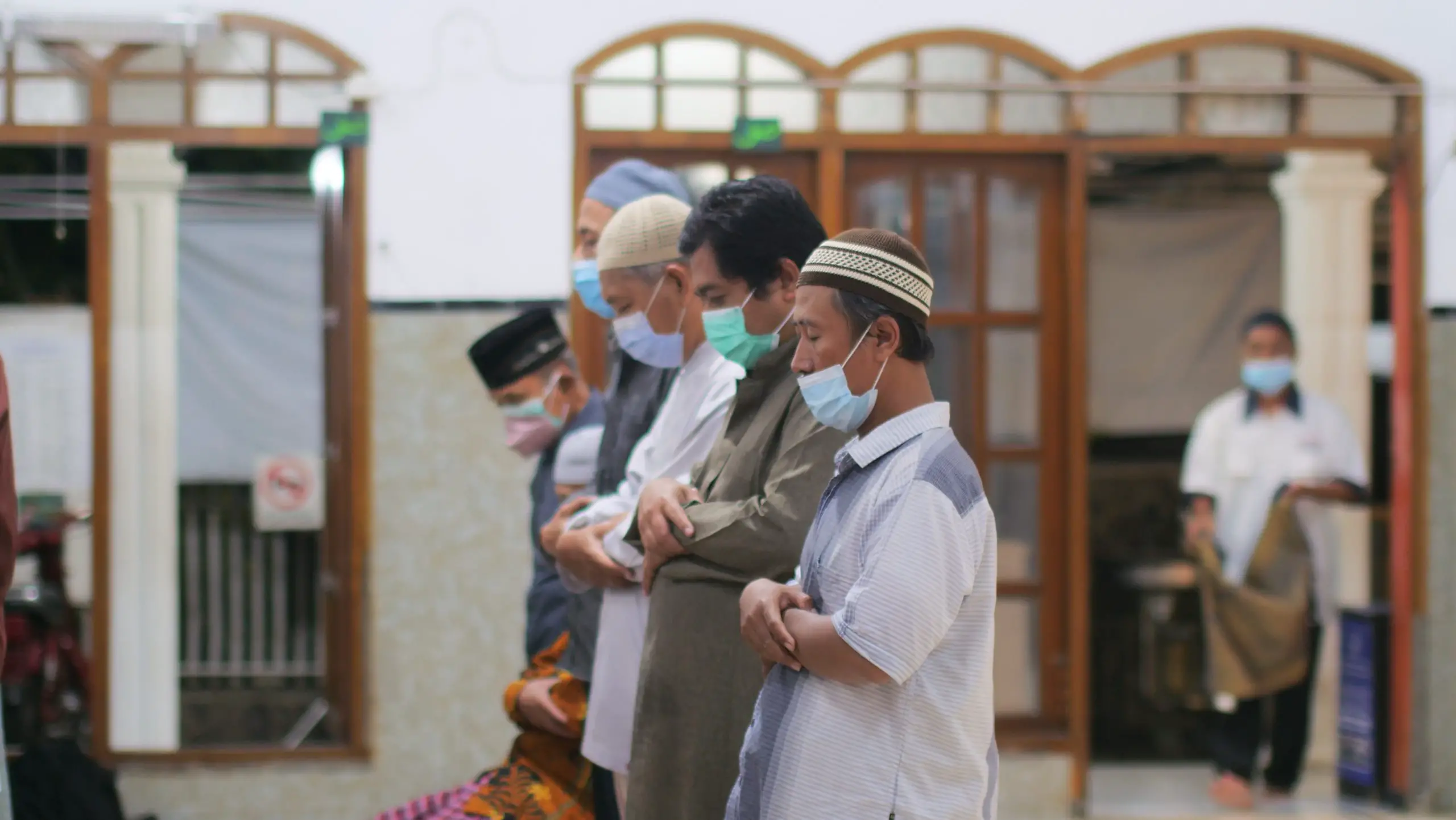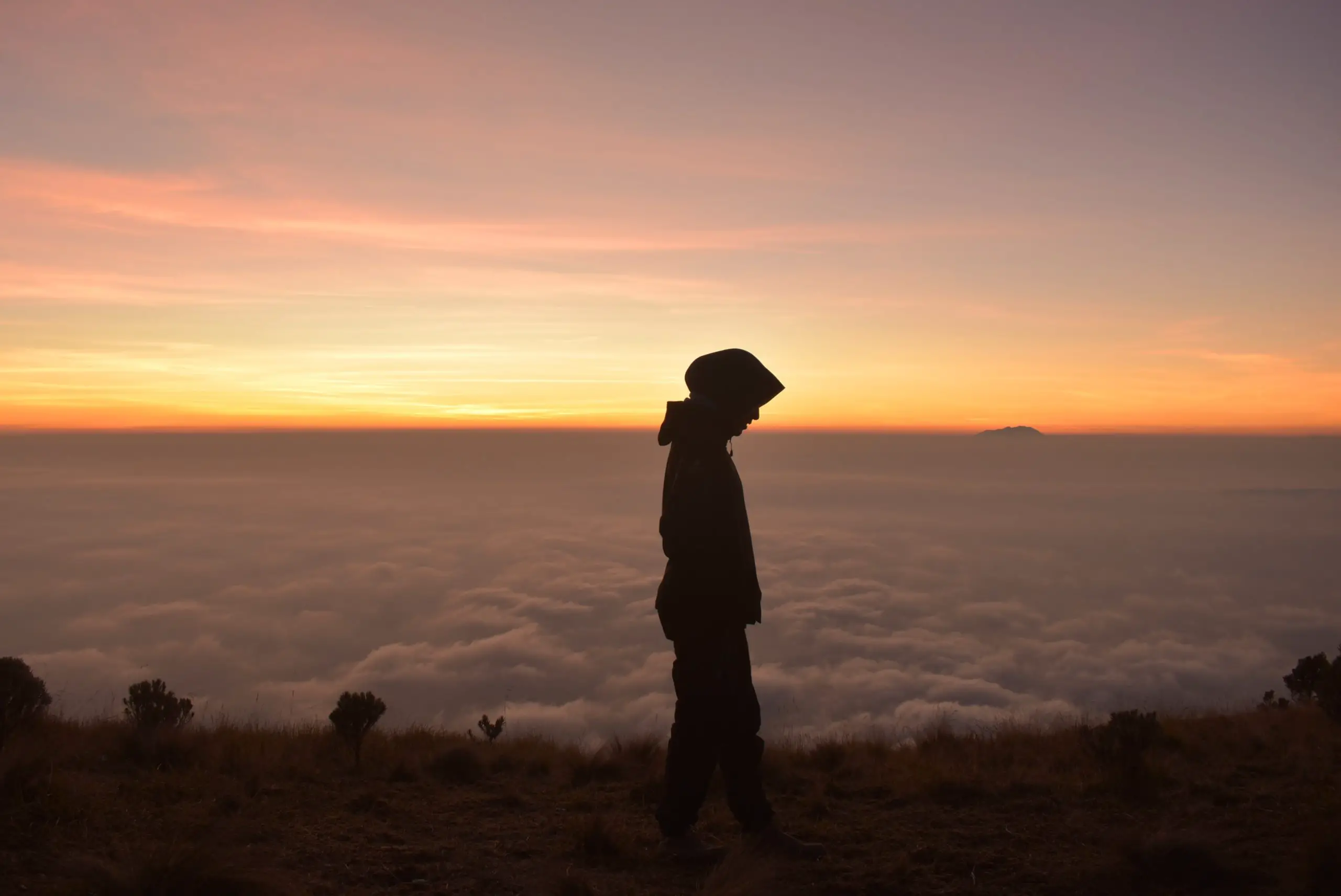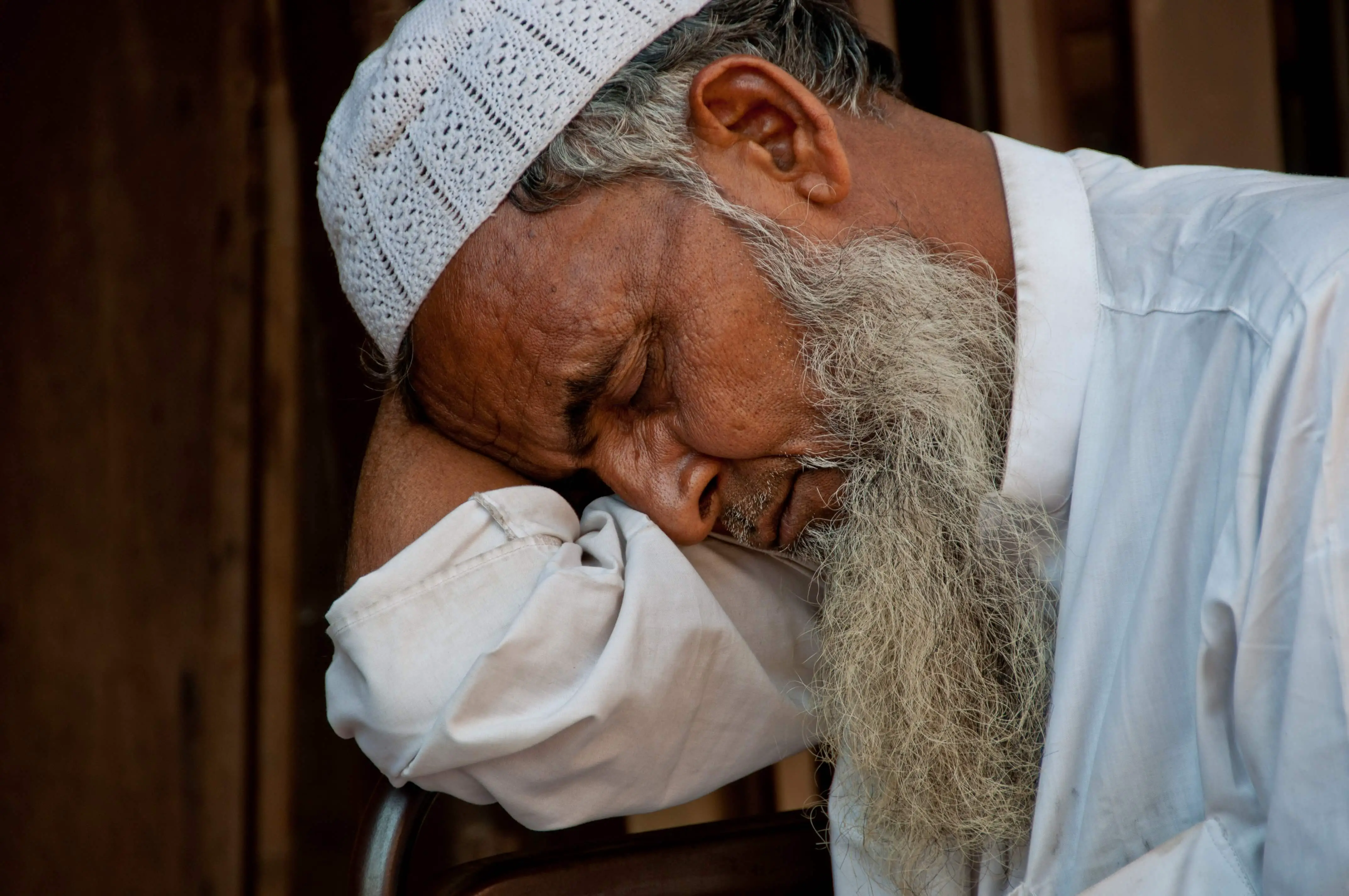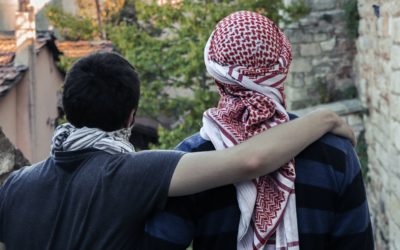When a Muslim person passes away, relatives may question if their family and friends that are not Muslims can attend the funeral service.
The short answer: Yes.
A person that is not Muslim can attend the funeral of a Muslim. However, there are some etiquettes and expectations to keep in mind when attending a Muslim funeral.
First, it is important to understand, broadly, what to expect.
General Timing
In most cases, you can expect a Muslim funeral to take place within 1-3 days following death. Within the Islamic tradition, it is highly encouraged to complete the burial as quickly as possible.
Burial Preparation
Prior to the start of the funeral, the body of the deceased is dignified with a set of rituals that include a washing of the body and being shrouded in sheets of white cloth. This is typically done in a private setting (e.g., the funeral home) and only includes a handful (e.g., 3-5) of people (e.g., close family members, local mosque/community members).
Once complete, the funeral will start with a congregational prayer. This prayer is often held at a location other than the funeral home and graveyard, e.g., a local mosque. However, it can be held anywhere suitable based on the wishes of the family or the needs of the circumstance.
After this prayer is completed, the body is transported to the gravesite for burial.
Funeral Prayer
Who Attends
In Islam, the funeral prayer is viewed as a communal obligation. As such, it is not uncommon that in addition to family and friends of the deceased, members of the Muslim community at large also participate. The participation of the broader Muslim community is often encouraged by the family of the deceased because of the belief in the power of collective prayers for the forgiveness of the deceased.
Viewing
Prior to the start of the funeral prayer, the family of the deceased may allow for public viewing of the deceased. It is important to note that this is not a requirement, and in many cases, the family may choose not to do a viewing or choose to only allow specific, close family/friends to participate in a private area. As someone who is there to pay your respects, you should not ask or expect to be included in the viewing, unless otherwise directed by the family or organizers. This viewing is unlike traditional American funerals where there is a short ceremony with eulogies, etc.
At the viewing, if there is one, you will see the body of the deceased shrowded in white sheets and the face will be uncovered. Once the viewing is complete, the face will be covered with the same white sheet.
Related Article: Is there a viewing, wake, or visitation done before a Muslim funeral?
Prayer
The prayer may be held inside the mosque; however, depending on the circumstance, it may be held in a larger auditorium or outdoors. The prayer is meant for Muslim attendees and is separated by gender. Depending on the dynamics of the space, you may be directed to stand behind or to the side of the congregation.
The body is brought to the front of the congregation. You will often see men trying to help carry/move the casket to the front of the mosque/prayer area. A special, short prayer is offered for the deceased and his forgiveness and entrance to paradise. It is important to note that the funeral prayer is performed for the deceased and not to the deceased. After the prayer, the congregation will help carry/move the coffin towards the transport vehicle to then be taken to the gravesite.
Burial
You may continue with the funeral procession to the gravesite; however, you may want to ask the family of the deceased about their preference when it comes to joining them at the cemetery. In some communities, it is disliked that women are present at the burial. This sentiment will vary from community to community.
However, if you join the burial ceremony, the body will be either placed directly in the ground or in a simple casket; this often depends on local regulations. The lowering of the body into the grave is usually done by close family members. Then family and community members often will cover the grave symbolically with handfuls and/or shovel-fulls of dirt. Then the graveyard attendant will move forward with covering the grave with the remaining dirt.
After the grave is closed, an Imam (religious leader) and/or member of the family will lead a short prayer to ask God for the forgiveness of the deceased and his or her entry into paradise.
Once the prayer is complete, the attendees often give condolences to relatives of the deceased. This can often include hugs and words of praise for the deceased. It is important to note, like the funeral prayer, during the burial, attendees may also be separated by gender and the overall tone is somber. You can choose to stand with the gathering or separately. Also, any hugs/embraces should be directed to people of the same gender.
After a short period of condolences, people will quietly leave. It is common for some close relatives to remain at the gravesite a bit longer to offer additional prayers to God for the forgiveness of the deceased. However, this is also for a short period, and then all will quietly and respectfully leave the cemetery.
Generally speaking, there will be no adornment or beautification of the grave. After the grave is closed, the only thing typically placed on the grave is a marker/headstone. Therefore, there is no need or expectation to bring flowers, candles, etc., and you should refrain from placing any such items on the grave without approval from the family/organizers.
Condolences
In some cases, the family of the deceased will have times for people to visit them to extend condolences. The specifics will vary based on the family, but these gatherings are often held at a local mosque and/or private residence after the burial. During these visits, it is customary to maintain a somber, respectful tone and share words of encouragement and/or praise of the deceased.
There is no expectation that you bring anything (e.g., flowers, cards); however, if you do choose to bring them as a gesture of sympathy, that is ok. More often, friends/family will bring food for the family. In some cases, the family may have a suggested charity if a visitor is inclined to make some sort of gesture of respect/gratitude. The visit itself should be relatively short. The goal is to try to ease the grief of the family without creating any burden on them.
Dress Code
Both men and women should dress modestly when attending the funeral of a Muslim. This could look like pants and a shirt for a man and the same for a woman or a long dress or long skirt as well. Head covering for a non-Muslim woman is not mandatory, but some women decide to also choose a head covering (e.g., scarf) when entering the mosque/attending a Muslim funeral as a sign of respect.
If you have other questions on protocol or what to expect, feel free to send the Qabr.org team a message.




